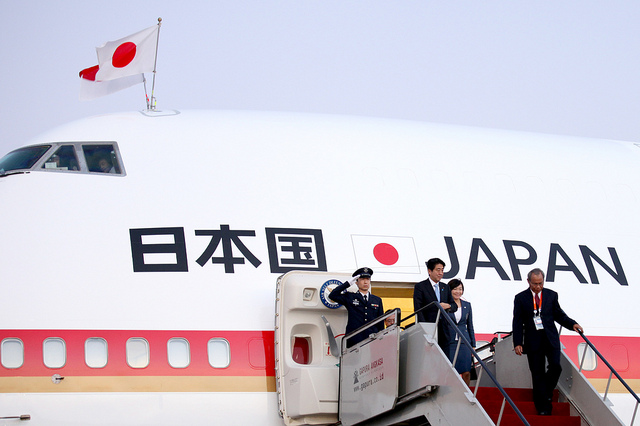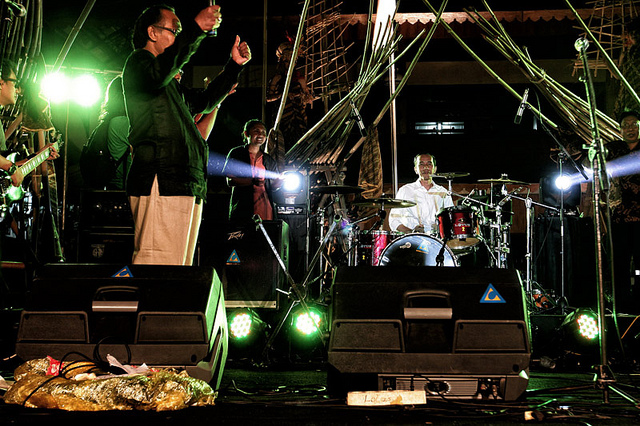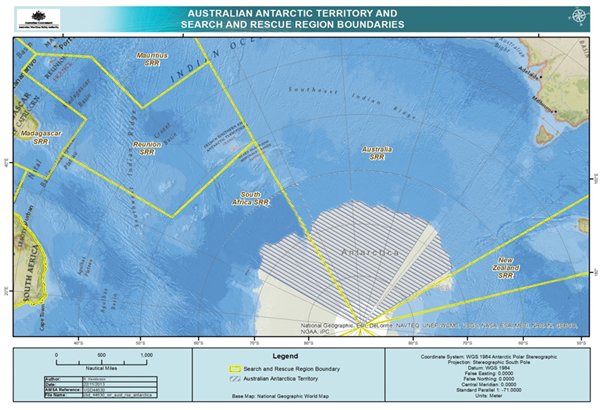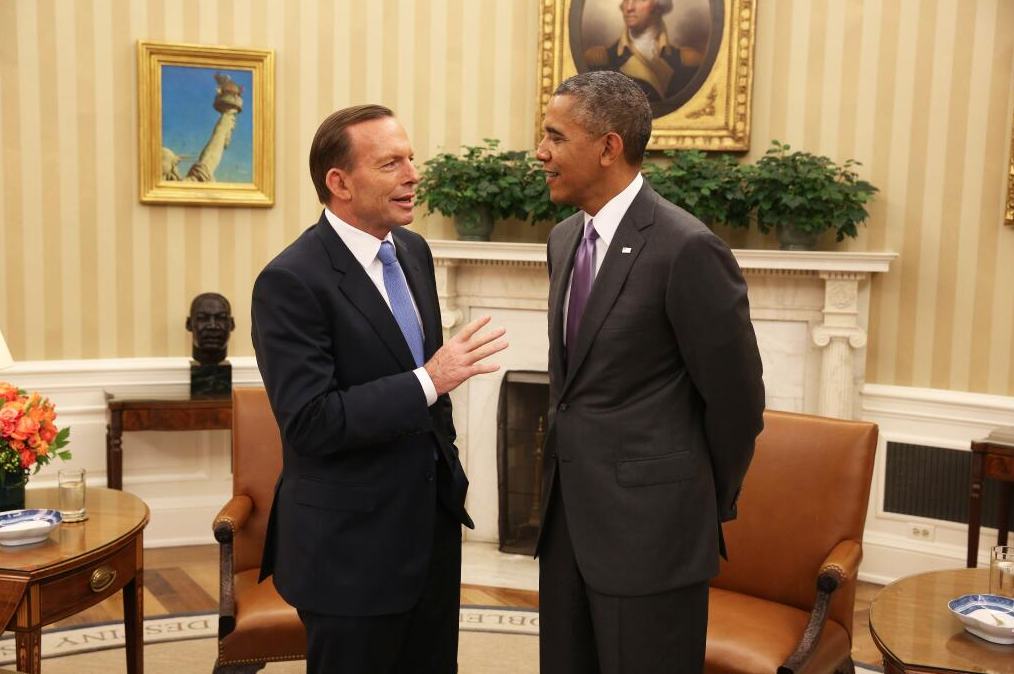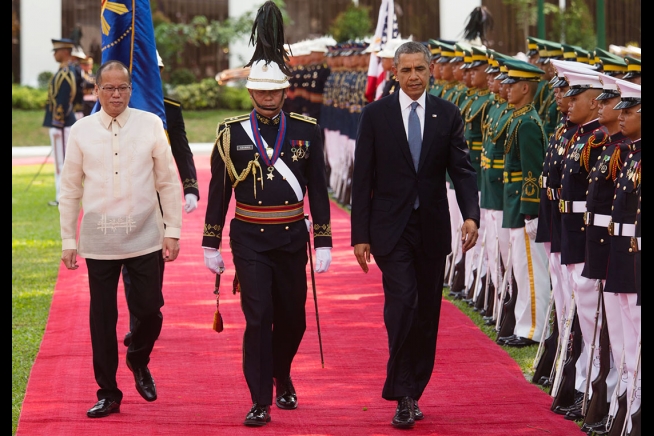ISIS: the challenge and the opportunity
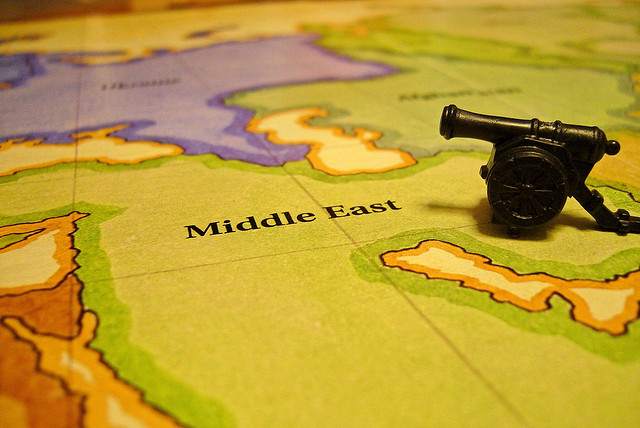 After President Obama’s announcement of his long-awaited strategy to defeat ISIS, there’s been considerable discussion as to how the world might respond to the strategy and the likelihood of its success. There’s also a growing and necessary discussion of what Australia’s role should be.
After President Obama’s announcement of his long-awaited strategy to defeat ISIS, there’s been considerable discussion as to how the world might respond to the strategy and the likelihood of its success. There’s also a growing and necessary discussion of what Australia’s role should be.
The rise of ISIS—and the somewhat patchy response by the West—has been both interesting and disturbing to watch. The common view is that it’s a regional problem with global implications and that states like Saudi Arabia, Jordan and Turkey should be more forthright in their response.
My concern is that far too many commentators are focused on the impending ‘fight’, and the means to execute it, to the exclusion of all else. There’s little said about the broader regional landscape after the fight. My fear is that the conventional wisdom again sees the answer solely in US leadership of a coalition of supporting nations with highly-mixed capabilities—some offering nothing but rhetoric, others a limited range of combat capabilities surrounded by so many caveats on their use as to add little value. Read more




